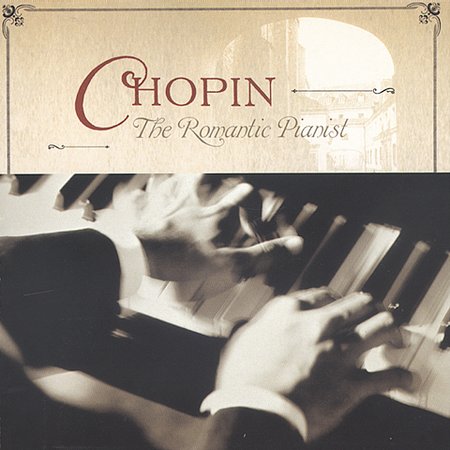
Page, Cara
product information
description
5A profound offering and call to action--collective stories, testimonials, and incantations for renewing political and spiritual liberation grounded in Black, Indigenous, People of Color, and Queer and Trans healing justice lineages We reclaim the power, resilience, and innovation of our ancestors through this book. To embody their wisdom across centuries and generations is to continue their legacy of liberation and healing. In this anthology, Black Queer Feminist editors Cara Page and Erica Woodland guide readers through the history, legacies, and liberatory practices of healing justice--a political strategy of collective care and safety that intervenes on generational trauma from systemic violence and oppression. They call forth the ancestral medicines and healing practices that have sustained communities who have survived genocide and oppression, while radically imagining what comes next. Anti-capitalist, Black feminist, and abolitionist, Healing Justice Lineages is a profound and urgent call to embrace community and survivor-led care strategies as models that push beyond commodified self-care, the policing of the medical industrial complex, and the surveillance of the public health system. Centering disability, reproductive, environmental, and transformative justice and harm reduction, this collection elevates and archives an ongoing tradition of liberation and survival--one that has been largely left out of our history books, but continues to this day. In the first section, "Past: Reckoning with Roots and Lineage," Page and Woodland remember and reclaim generations-long healing justice and community care work, asking critical questions like: How did our ancestors transform trauma and violence in their liberation work? What were our ancestors reckoning with--and what did they imagine? The next sections, "Origins of Healing Justice" and "Alchemy: Theory + Praxis," explore regional stories of healing justice in response to the current political and cultural landscape. The last section, "Political + Spiritual Imperatives for the Future," imagines a future rooted in lessons of the past; addresses the ways healing justice is being co-opted and commodified; and uplifts emergent work that's building infrastructure for care, safety, healing, and political liberation.
member goods
No member items were found under this heading.
listens & views

CHOPIN: ROMANTIC PIANIST / VARIOUS
by CHOPIN: ROMANTIC PIANIST / VARIOUS
COMPACT DISCout of stock
$8.99
Return Policy
All sales are final
Shipping
No special shipping considerations available.
Shipping fees determined at checkout.






